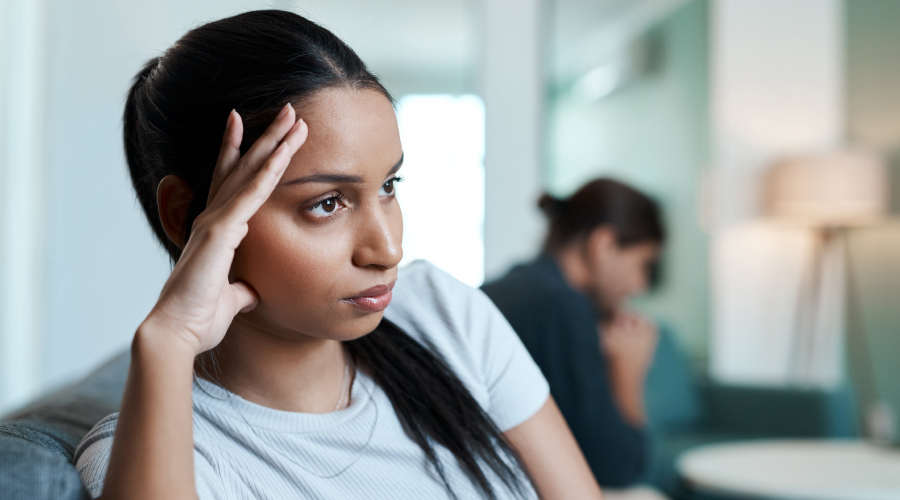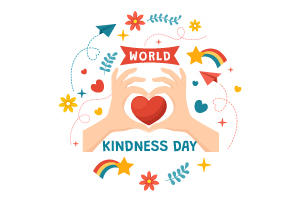

Imagine feeling so anxious about a social situation that you start to sweat, your heart rate rises, you begin to shake, and you feel like you will be sick. That’s what social anxiety feels like. Approximately 5% to 10% of people worldwide deal with this disorder, which can affect your work, personal life, school, and other social meetings. It can even make it hard for you to be friends with anyone. The good news is there is a solution to this. Help from a psychiatrist and a few medications can treat this mental disorder.
This blog will explore social anxiety, its symptoms, causes, types, and ways to find help.
Defining Social Anxiety Disorder
Anxiety disorder is a mental health condition in which you find it challenging to do the daily tasks due to worry, anxiety, or fear. You may feel unable to talk effectively, awkward when asked a question, or go blank and sweaty amongst many people. The feeling arises from a sense of embarrassment for oneself or you might feel scrutinised.
| Did You Know?Johnny Depp, one of the world’s most famous actors, also wrestles with social anxiety issues. And, his anxiety manifests when he is doing TV interviews. |
Types of Social Anxiety Disorder
People with this disorder can have mild social anxiety, like avoiding eating in front of others, or severe symptoms, like a panic attack or trouble breathing. In general, there are three different types of social anxiety:
- Mild social anxiety is when you have the symptoms but still participate in social interactions.
- Moderate anxiety is when you have jitters or are unable to control your worry. This type of anxiety makes it difficult for the person to relax.
- Extreme anxiety disorder is when a person suffers a panic attack or may be unable to breathe due to so much nervousness. People with this disorder avoid social situations at all costs.
Causes of Social Anxiety
Here are some reasons for social anxiety amongst people:
- Environmental Factors: Most people develop anxiety due to an unpleasant situation in the past where they might have felt embarrassed. This feeling gets etched in their mind. Other causes of social anxiety include the anxious behaviour of parents in social gatherings or parents who try to control or are overprotective of their children.
- Inherited Traits: You might have got this disorder from your family.
- Brain Structure: Amygdala is a part of the brain that controls emotions. People with an overactive amygdala have a heightened fear response, which is why they are anxious in social situations.
| Expert Tip: Self-compassion: Be kind to yourself. Understand that it’s okay to make mistakes in social situations. Treat yourself with the same compassion you would offer a friend. |
Social Anxiety Symptoms
Nervousness or shyness doesn’t always mean social anxiety disorder. It can also mean that you are a reserved person by nature. However, when these feelings interfere with your daily routine, relationships, work life, and more, you may need professional help to diagnose if you have an anxiety disorder. There are a few symptoms of this condition, which include:
- A feeling of being judged
- A sense of humiliating yourself
- Fear of talking to strangers
- Avoiding social gatherings
- Thinking about the worst consequences of your interactions
Physical signs of social anxiety are:
- Rapid heart rate
- Trembling or sweating
- Blank state of mind
- Stiff body posture
- Minimal or no eye contact while talking
- Upset stomach or nausea
- Dizziness
- Breathlessness
Expert Tips to Manage Your Symptoms
If you have social anxiety disorder symptoms or have been diagnosed with the condition, then managing your symptoms with these valuable tips can help:
- Get enough sleep of at least 8 hours
- Don’t do recreational drugs or drink alcohol
- If you take medicine for this disorder, then don’t skip your medication; have it regularly
- See your therapist regularly for talking sessions
- Take the support of your family and friends
- Join a support group
Social Anxiety Treatment
People with this disorder should consult a healthcare provider. Social anxiety treatment depends on how well you respond in the sessions with your doctor. You may also be given:
- CBT (Cognitive Behavioural Therapy): Your doctor will try to change your negative behavioural patterns. They will talk to you and answer your questions over multiple sessions. Social anxiety therapy aims to give you a different and positive perspective.
- Antidepressant Medicines: You might be given beta-blockers for blood pressure, selective serotonin reuptake inhibitors (SSRIs) or serotonin-norepinephrine reuptake inhibitors (SNRIs). These medications help calm you down.
Conclusion
In conclusion, social anxiety disorder is challenging but treatable. Slowly and steadily, therapy sessions with your doctor and medications will make attending social gatherings easier. The social anxiety treatment will help you get your life on track.




